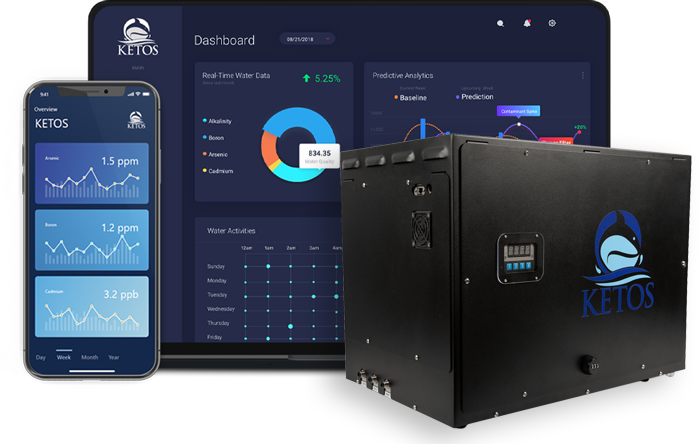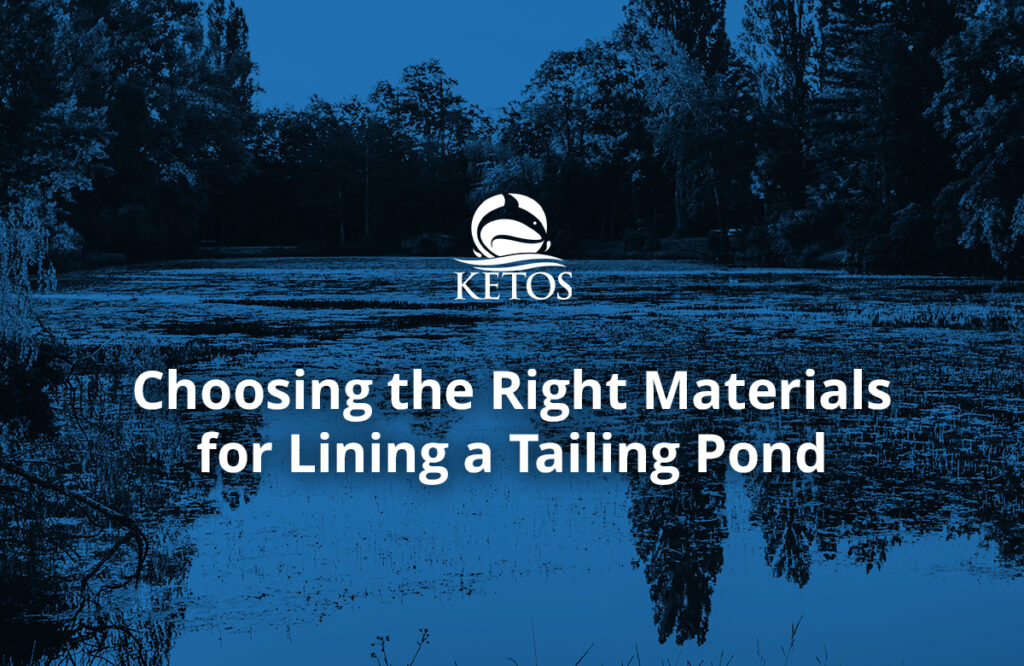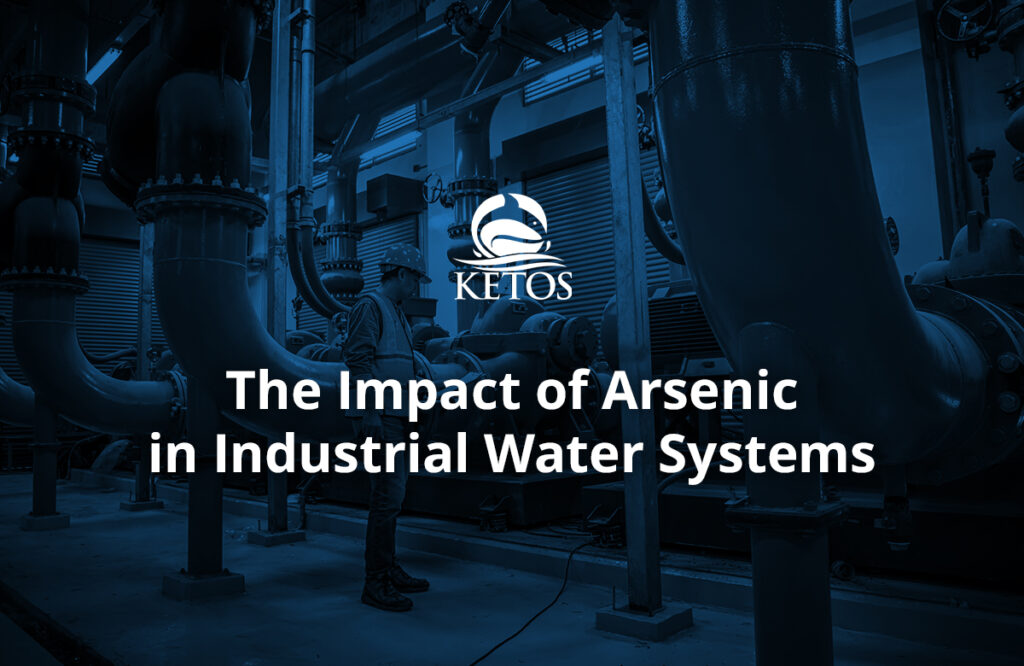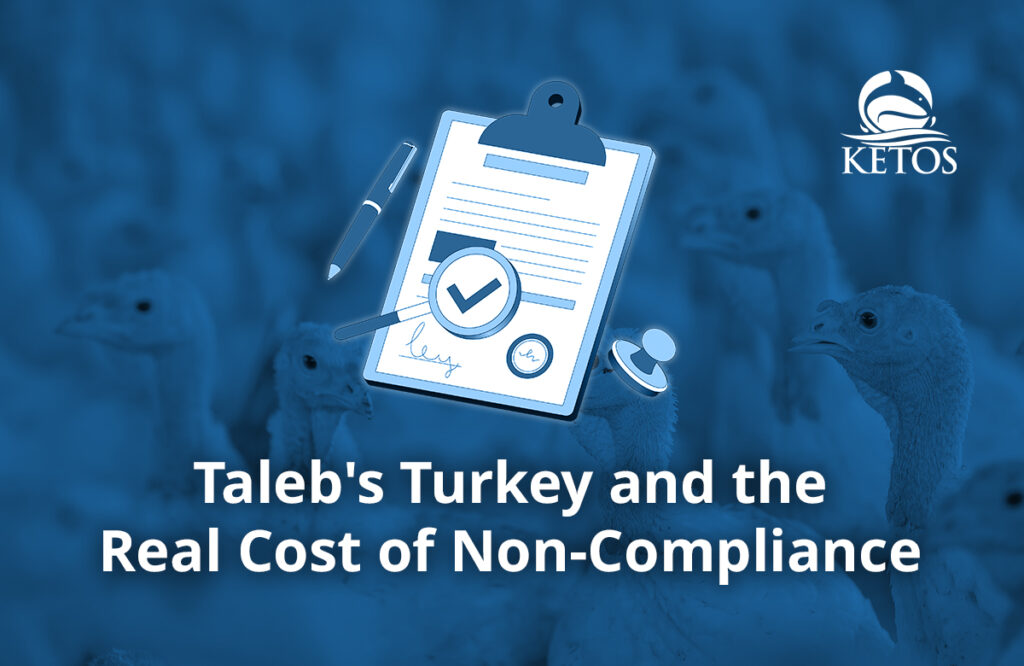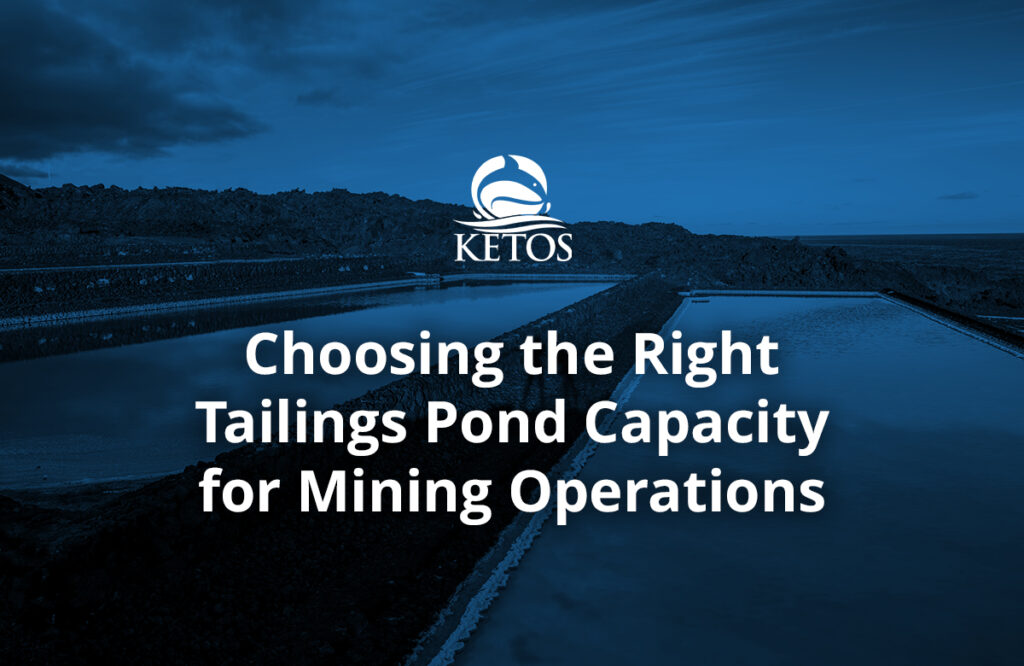The travel and leisure industry is wide-ranging. Companies in the industry range from hotels to resorts, cruise companies to airlines. Many have made significant strides in embracing sustainability, particularly regarding water management.
As some of the largest companies in the world, travel and leisure brands are uniquely positioned to impact global water reserves positively – or negatively. With millions of visitors passing through hotels, resorts, and other travel venues every year, the demand for water resources is immense. Managing these impacts is critical for the health of local ecosystems and maintaining seamless operations in an era of growing environmental awareness.
Water Stewardship for Travel & Leisure
Water management is a pressing issue for the travel and leisure sector. Hotels, resorts, theme parks, and airlines rely heavily on water for various operations, from maintaining swimming pools and landscaping to ensuring guest comfort through amenities like showers and restaurants.
According to the UN World Water Development Report, tourism accounts for approximately 0.9% of global freshwater withdrawals. While most of the water usage is indirect (via its supply chain), the overall percentage can vary and be significantly higher in water-scarce regions. This can put added strain on local water supplies and put tourists against locals. And, with climate change exacerbating water shortages in many areas, sustainable water use is no longer a choice but a necessity.
Water Quality Parameters That Concern Travel & Leisure Companies
Several water quality parameters are vital to travel and leisure companies. The most critical parameters include:
- pH levels
- Dissolved oxygen
- Chlorine
- Total dissolved solids (TDS)
- Heavy metals (such as lead and mercury)
Hotels and resorts must ensure that the water used in guest rooms, pools, and spas meets local safety and health standards. In addition, many companies also need to monitor wastewater effluent to ensure it meets local regulations and does not harm surrounding ecosystems. Sub-par water quality can lead to health issues for guests and employees, damage a company’s reputation, and even result in costly fines or shutdowns.
Travel & Leisure Water Consumption
Water consumption in the travel and leisure sector is immense, and the challenge is finding ways to reduce it without compromising the guest experience. Water-intensive areas of the industry include:
- Landscaping
- Heating and cooling systems
- Laundry
- Food preparation in commercial kitchens
The average hotel uses around 100 to 300 litres of water per visitor daily, while luxury resorts can see that number skyrocket to 2,000 litres. Such water use can strain entire communities and the industry in general when water resources run scarce. And yet, there is evidence that hotels can use up to 50% less water by improving their approach to water usage.
Travel & Leisure Brands Showcase Their Water Stewardship Commitments
Several leading travel and leisure sector brands have taken significant steps to manage their water use and promote sustainability. These companies are working to actively reduce their environmental impact while committing to more thoughtful water stewardship practices.
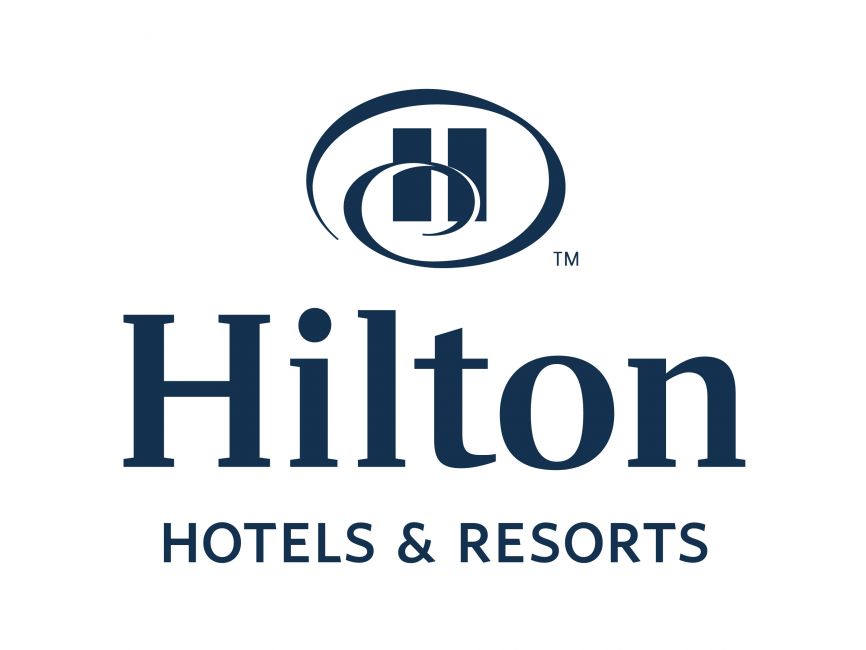
Hilton
Hilton aims to reduce water use intensity in managed operations by 50% by 2030, compared to a 2008 baseline. As part of their broader corporate responsibility goals, they also plan to activate 20 community water projects to increase access and resilience in vulnerable areas.
Novartis
Though primarily a pharmaceutical company, Novartis plays a significant role in sustainability within the leisure health sector. By 2030, the company aims to be water-neutral in all its operations while actively enhancing water quality wherever it operates. Additionally, they seek to cut water consumption by half against a 2016 baseline, ensuring their manufacturing processes don’t negatively impact water quality.

IHG Hotels & Resorts
IHG Hotels & Resorts is committed to reducing the water footprint of its hotels by 2030. They plan to implement innovative tools that help monitor water consumption and mitigate water risk. IHG also collaborates with stakeholders to deliver water stewardship at the basin level and ensures adequate water, sanitation, and hygiene conditions for the communities in which they operate.

Radisson Hotels
Radisson Hotels supports local communities through various WASH (Water, Sanitation, and Hygiene) initiatives, which provide safe drinking water and sanitation. They also limit water use through technology improvements and collect rainwater or recycle gray water for non-drinking applications.
How KETOS Can Help Travel & Leisure Organizations Manage Their Water
As more companies build sustainability into their processes, finding affordable, efficient water management solutions becomes a priority. KETOS works with organizations throughout the industry to help monitor water quality on various fronts. For example, hotels and resorts can use KETOS to monitor water used in guest services and landscaping. KETOS can also track effluent water from hotels, allowing for safer recycling or remediation.
With KETOS, travel and leisure organizations gain access to:
- 24/7 real-time water quality monitoring
- Customization capabilities for 35+ parameters
- Threshold-based alerting
- Easier reporting for complete compliance transparency
- Modular, plug-and-play setup for faster, seamless integrations
- Affordable monthly fees with no upfront CAPEX expenses
- Zero maintenance and equipment costs or responsibilities
KETOS customers report increased savings from eliminating maintenance fees, manual labor, and lab costs, reduced water usage, better compliance, and notable reductions in carbon output.
Conclusion: Achieving Water Sustainability in Travel & Leisure is Possible
Water management is vital to the continued success of the travel and leisure industry. As the sector grows, so too must its commitment to sustainability. By protecting and conserving water resources, travel and leisure organizations help protect the local communities and surrounding ecosystems in which they operate.
Leading companies like Hilton, Novartis, IHG, and Radisson are setting the standard for responsible water stewardship. By prioritizing efficient water management, these brands protect precious natural resources and ensure long-term viability. With advanced solutions like KETOS, travel and leisure companies have the tools to monitor, manage, and reduce their water usage while enhancing sustainability efforts across the board.
Travel and leisure companies, including the world’s leading hotels and resorts, have the opportunity to lead by example. It’s time to consider how your organization can take part in building a sustainable future through water stewardship.
